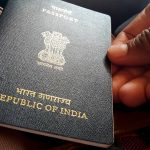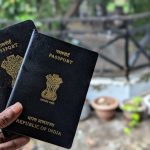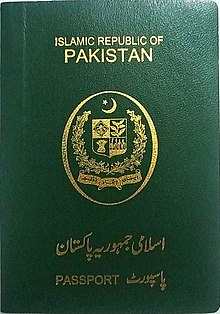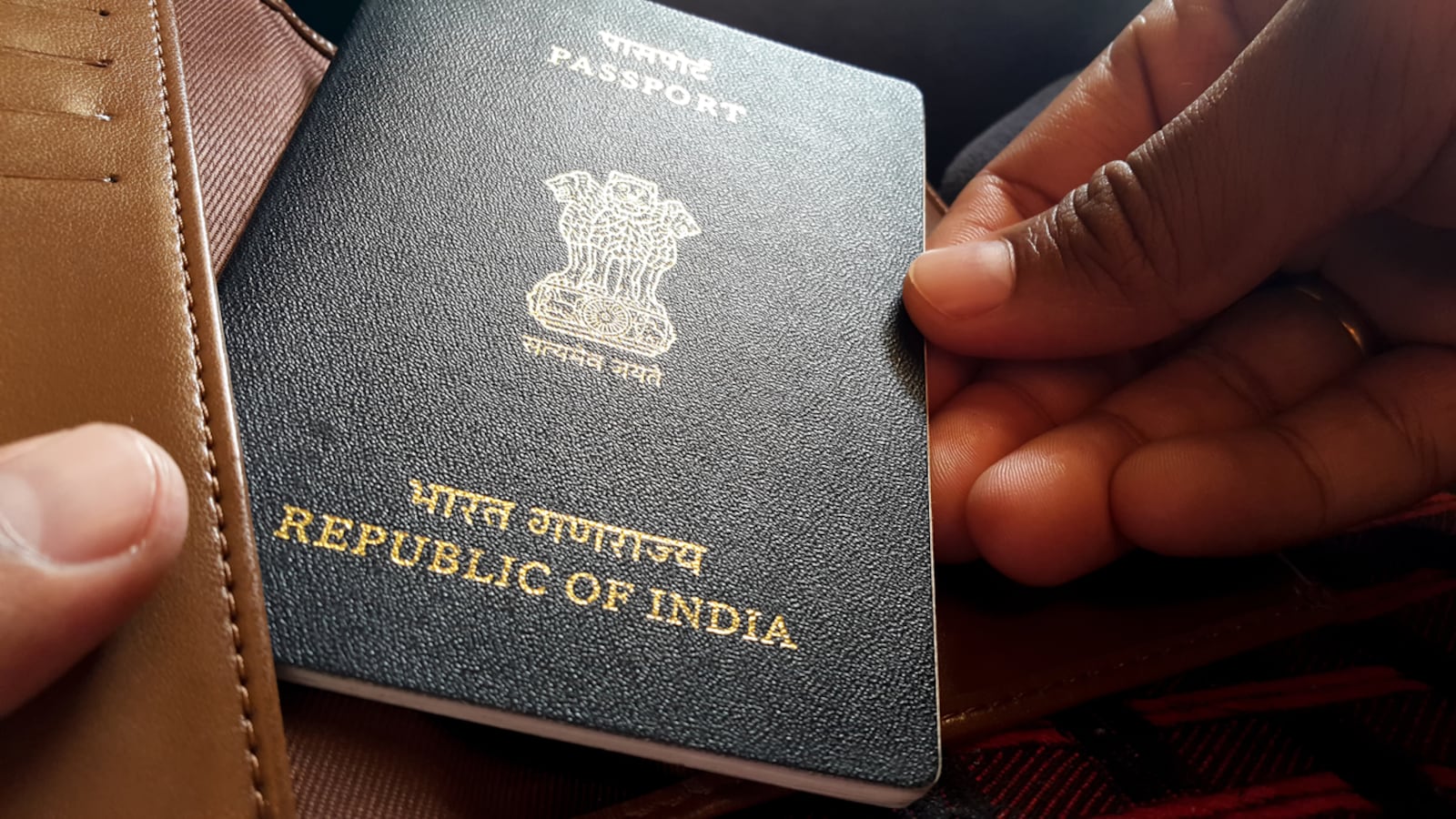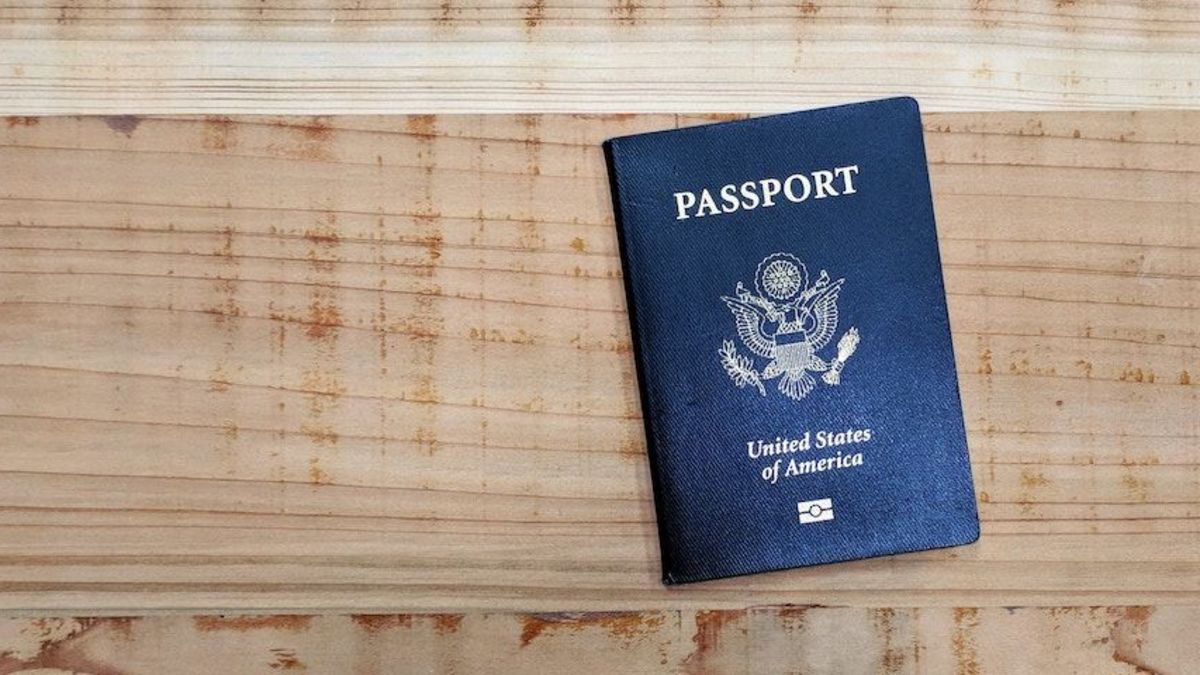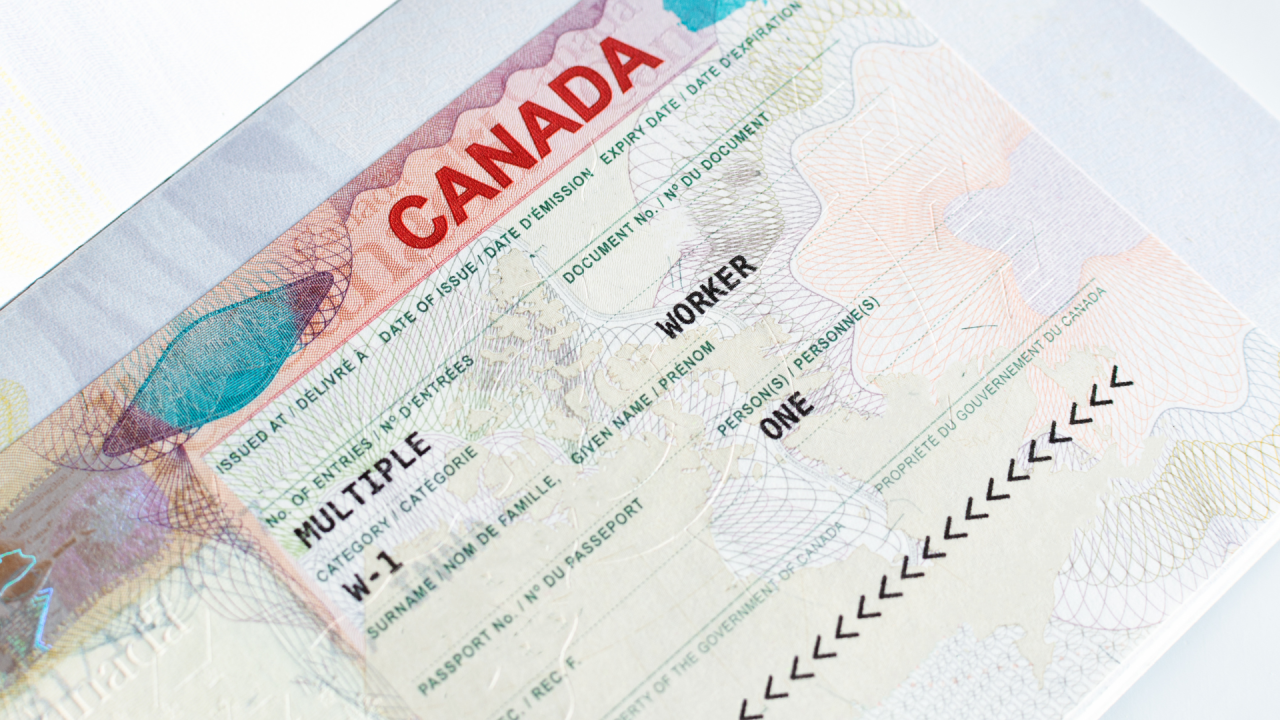Are you a business professional planning to expand your operations in India and wondering how to obtain the necessary visa? Look no further! In this comprehensive guide, we will demystify the entire process of obtaining an Indian visa for business purposes. From understanding the different types of visas available to navigating the application process, we’ve got you covered. Whether it’s your first time applying or you’re simply looking for some expert tips, read on to learn everything you need to know about securing a business visa for India. Indian Visa for Business
Introduction to Indian Visas
When it comes to business travel, one of the most important things to consider is getting the right visa. For those traveling to India for business purposes, this means obtaining an Indian visa.
The process of obtaining an Indian visa can seem daunting, but it doesn’t have to be. With a little bit of planning and some helpful tips, you can make the process much simpler.
To start, it’s important to know which type of visa you need. There are two main types of visas for India: a business visa and an employment visa. The type of visa you need will depend on the purpose of your trip.
Once you know which type of visa you need, the next step is to gather all of the required documentation. This includes things like a passport, photographs, and proof of travel plans.
After you have all of your documentation in order, the next step is to submit your application online or in person at an Indian embassy or consulate. Once your application is processed, you’ll be issued your visa and be able to start planning your trip to India!
Types of Indian Visas
There are many types of visas that allow entry into India for business purposes. The most common and popular type of visa is the business visa, which allows the holder to engage in business activities such as attending meetings, conferences, and seminars. Other types of visas that are available for business travelers include the tourist visa, student visa, work visa, and medical visa.
Eligibility Criteria for Business/Medical Visa
To be eligible for a Business/Medical Visa to India, the applicant must:
-be a citizen of a country that has diplomatic relations with India
-have a valid passport from their country of citizenship
-have a business letter or invitation from an Indian company detailing the purpose of their visit
-have a letter from their employer detailing the purpose of their visit, if they are employed by a foreign company. Indian Visa for Medical Visit
-have proof of sufficient funds to support their stay in India
-have a return ticket or onward journey ticket out of India
Documents Required for Business/Medical Visa
To obtain a business/medical visa for India, you will need to submit the following documents:
-A valid passport with at least six months of remaining validity and two blank pages for visa stamps
-One completed visa application form. Please note that the form must be signed by the applicant; forms that are not signed will not be accepted.
-One passport-sized photograph (2″x2″) taken within the last six months
-A letter from your employer or sponsoring organization detailing the purpose of your trip to India and confirming your employment status and salary. If you are self-employed, please provide documentation of your business registration and income tax returns.
-For medical visas, a letter from a licensed physician in the United States detailing the nature of your illness and explaining why treatment is not available in the United States. The letter should also include information on your health insurance coverage.
-If you are traveling to India on a student visa, please provide a letter of acceptance from your school as well as proof of financial ability to cover your expenses while in India.
-All documents must be originals or certified copies; photocopies will not be accepted. In addition, all documents must be submitted in English or translated into English by a certified translator.
Application Process Overview
The process of applying for a visa to enter India can seem daunting, but it doesn’t have to be. By following the steps outline below, you can ensure a smooth and successful application process.
1. Determine which type of visa you need. There are several types of visas available for business travel to India, so it’s important to make sure you select the correct one for your needs. If you’re unsure, consult with an experienced immigration attorney or your company’s HR department.
2. Gather the required documentation. In addition to a passport and photographs, you’ll need to submit various documents as part of your visa application. These may include proof of financial stability, a letter of invitation from your Indian host company, and more. Again, an immigration attorney can help ensure that you have all the required documentation in order.
3. Submit your application and pay the fees. Once you’ve gathered everything together, you can submit your application online or via mail to the Indian consulate nearest you. You’ll also need to pay the applicable visa fees at this time.
4. Schedule an interview (if required). Some types of visas require an in-person interview at the consulate as part of the application process. If this is the case for your visa, be sure to schedule an appointment in advance.
Tips and Tricks for a Smooth Application Process
The process of applying for an Indian visa can be complicated, but there are some tips and tricks that can make it go more smoothly. Here are some things to keep in mind:
1. Make sure you have all the required documents. The list of required documents can vary depending on the type of visa you’re applying for, but it’s always best to err on the side of caution and have everything ready.
2. Complete the application form correctly and truthfully. Incorrect or false information on your application could result in delays or even a rejection.
3. Pay close attention to the instructions given by the Indian Visa Application Centre (IVAC) or embassy staff. They know the process better than anyone and can help ensure your application goes through without any issues.
4. Be patient. The process of applying for an Indian visa can take several weeks, so it’s important to be patient and not get frustrated if things take a little longer than expected.
Alternatives to Obtaining an Indian Visa
If you are a business traveler looking to visit India for work, you may be wondering what your options are for obtaining an Indian visa. The process of obtaining an Indian visa can be confusing and time-consuming, so it’s important to understand all of your options before beginning the application process.
One option for business travelers is to apply for an e-Visa. E-Visas are available for citizens of certain countries and allow travelers to stay in India for up to 60 days. To apply for an e-Visa, you will need to fill out an online application and submit supporting documents such as your passport and travel itinerary. E-Visas are typically processed within 3-5 days.
Another option for business travelers is to apply for a Business Visa. Business Visas allow travelers to stay in India for up to 180 days and can be renewed once within the validity period. To apply for a Business Visa, you will need to submit an online application, supporting documents, and fees. Business Visas typically take 7-10 days to process.
If you plan on staying in India for more than 180 days or if you need to renew your Business Visa more than once, you will need to apply for a long-term work visa known as an Employment Visa. Employment Visas are valid for up to 5 years and can be renewed indefinitely. To apply for an Employment Visa, you will need to submit an online application, supporting documents, and fees.
Conclusion
Obtaining an Indian Visa for business can be a complex process, but with the right information and guidance it doesn’t have to be. We hope that our article has provided you with useful insights into what is required of you when applying for an Indian Visa and given you clarity on how to go about completing the application successfully. With these tips, there is no reason why your visa should not be granted in a timely manner so that you can start exploring India’s vibrant business environment!






















